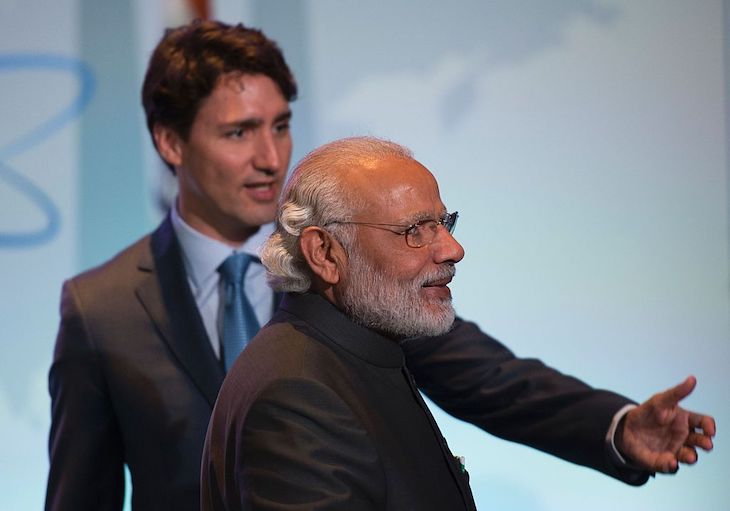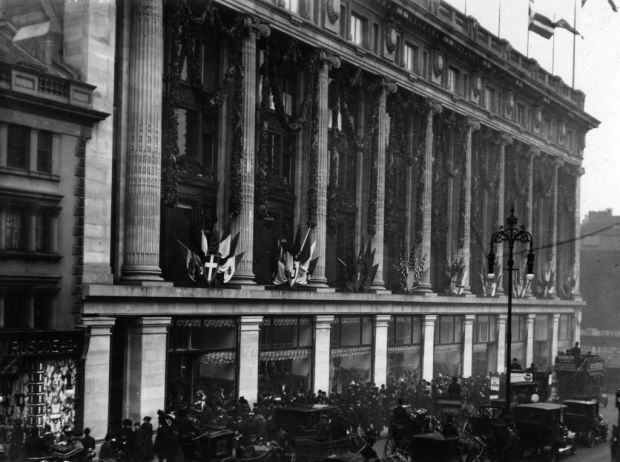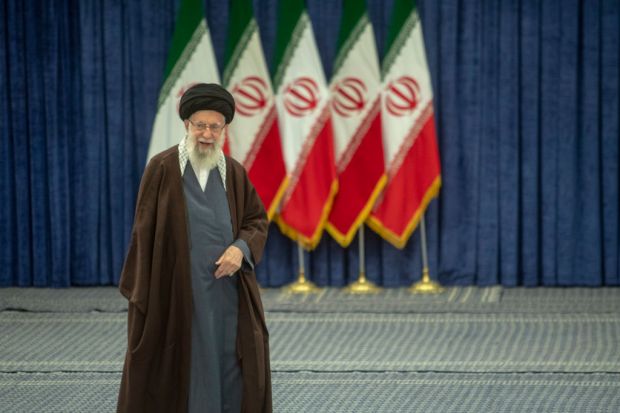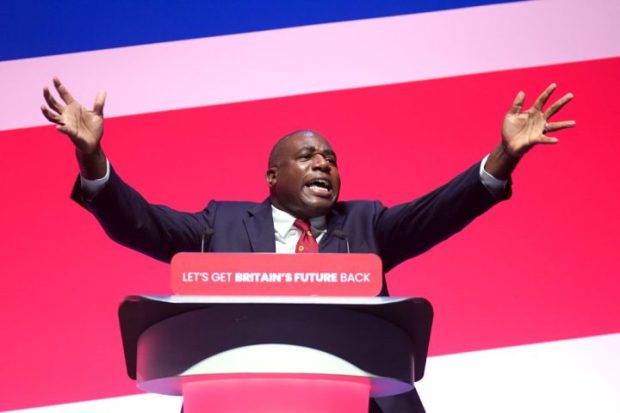Canada has accused India of being behind the assassination of a Sikh-Canadian citizen on its soil – an unprecedented charge to make against a democracy and fellow G7 nation. The Canadians claim to be investigating ‘credible allegations’ that Indian agents were behind the killing of Hardeep Singh Nijjar, a Sikh separatist leader. Nijjar, a Canadian citizen, was shot and killed in June outside a Sikh temple in British Columbia.
Nijjar was long wanted by the Indian authorities, who accused him of involvement in an alleged attack on a Hindu priest in India and had offered a reward for information leading to his arrest. The manner of his death was bound to arouse suspicions.
To the Indian government, this is an existential struggle against people it views as enemies of the state
‘Any involvement of a foreign government in the killing of a Canadian citizen on Canadian soil is an unacceptable violation of our sovereignty,’ Justin Trudeau, Canada’s prime minister, told parliament. He said he had personally conveyed ‘deep concerns’ to his Indian counterpart Narendra Modi at the G20 summit earlier this month. Canada also announced that it was expelling a senior Indian diplomat as a sign of the seriousness with which it viewed developments.
India was quick to dismiss the Canadian claims as ‘absurd’ and politically motivated. It showed its own displeasure by expelling a senior Canadian diplomat. The Indian foreign ministry said the move reflected ‘growing concern at the interference of Canadian diplomats in our internal matters and their involvement in anti-India activities.’
So what is actually going on here? India has long accused Canada of not doing enough to tackle a rebel movement in the country looking to establish an independent nation called Khalistan in the Indian state of Punjab, where most Sikhs live. The independence movement is banned in India itself but has been attracting growing support in Canada and other countries, including Britain, which have large Sikh diaspora populations. Canada itself is home to more than 770,000 Sikhs – about 2 per cent of the country’s total population.
India is accusing Canada of being slow to act against people it claims are Sikh extremists threatening India’s sovereignty and territorial integrity. It has also specifically accused Sikh activists in Canada of promoting violence against Indian diplomats, damaging diplomatic premises and threatening places of worship.
In the eyes of the Indian government, this is nothing less than an existential struggle against people it views as enemies of the state. Nijjar himself was branded a ‘terrorist’ by India for his pro-independence activism. Critics have, in turn, accused the Modi government of fostering a culture of intimidation, using sedition laws to crush any and every form of legitimate dissent and protest.
It is certainly true that India under Modi is no stranger to authoritarian tendencies, but the country’s fight against attempts to establish an independent Sikh state predates India’s current rulers. In 1984, Indian forces stormed the Golden Temple in Amritsar in a raid on Sikh separatists who had taken refuge there. The controversial assault led to the death of 400 Sikhs, even though activist groups claim the death toll was much higher. The controversial raid was ordered by the then prime minister, Indira Gandhi, who was assassinated shortly afterwards by two of her Sikh bodyguards. Her killing prompted a wave of anti-Sikh violence across the country, with Hindu mobs hunting down and killing Sikhs.
In fact, it is not just Modi’s government that is worried about the threat of Sikh independence. The Congress party, the main opposition party led by Rahul Gandhi, Indira’s grandson, echoed the Modi government’s stance on Indian sovereignty, saying India’s ‘fight against terrorism has to be uncompromising’. It is a rare moment of agreement between the ruling Hindu nationalists and their political opponents.
The spat between Canada and India comes at a time when relations between the two countries are already tense. Talks on a trade agreement have been paused, and a Canadian trade delegation to India, originally planned for next month, has been postponed. Other countries will be monitoring developments closely.
The White House has already said it is ‘deeply concerned’ about the Canadian allegations. Britain too will be keeping an eye on the situation, given recent events here: the Indian high commission in London was vandalised in March this year by Sikh independence activists.
India’s hostility towards the independence claims of Sikh activists is one thing. But the idea that this separatism dispute is slowly seeping into countries with large Sikh diaspora populations is a deeply troubling development.
Got something to add? Join the discussion and comment below.
Get 10 issues for just $10
Subscribe to The Spectator Australia today for the next 10 magazine issues, plus full online access, for just $10.




















Comments
Don't miss out
Join the conversation with other Spectator Australia readers. Subscribe to leave a comment.
SUBSCRIBEAlready a subscriber? Log in